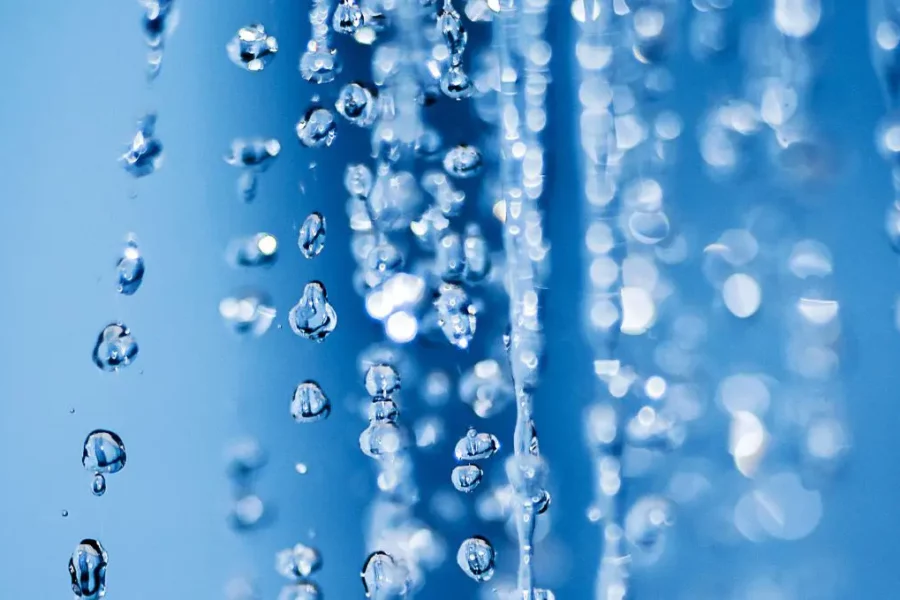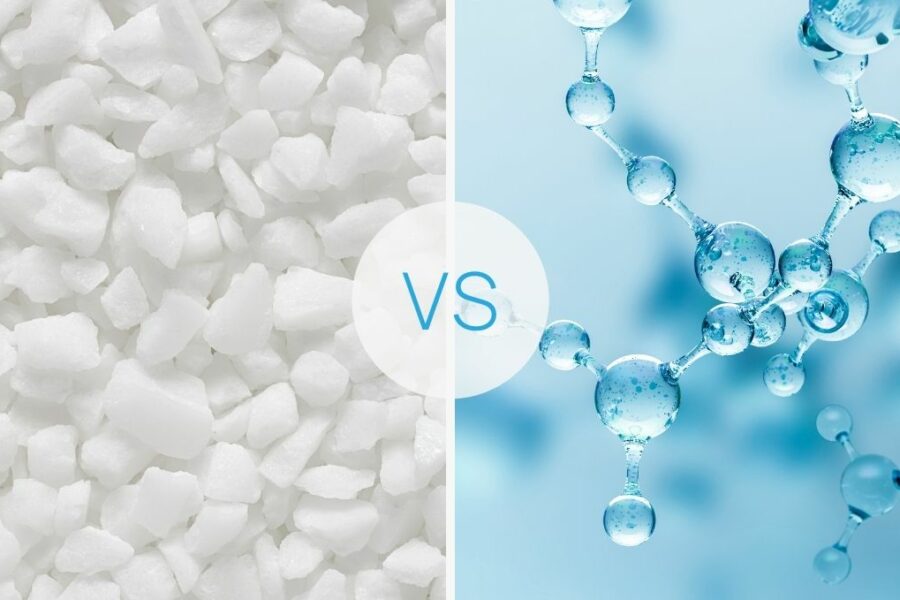Hard water is a common problem faced by many households and businesses. It’s caused by a high concentration of minerals like calcium and magnesium in the water. While these minerals aren’t harmful to health, they can cause a range of issues, from limescale buildup in pipes and appliances to dry skin and hair. The most common solutions to this problem are water softeners and water conditioners. But are these solutions effective? And if so, which one is right for you?
Are water conditioners any good?
Water conditioners are an effective solution for hard water problems. They work by altering the structure of calcium carbonate in the water, preventing them from forming scale. This process does not remove any minerals but rather prevents them from bonding to surfaces and forming a hard scale. The benefits are not just limited to the prevention of limescale but will also lower energy costs and extend appliance life. However, the effectiveness of a water conditioner depends on the type and quality of the unit installed.
At Fluid Dynamics, we offer a range of high-quality water conditioners suitable for various applications. You can learn more about our products in our Product Guide.
What’s the difference between a water softener and a water conditioner?
While both water softeners and water conditioners are designed to tackle the problem of hard water, they do so in different ways. Water softeners work by removing the minerals that cause hardness through a process called ion exchange. They replace calcium and magnesium ions with sodium ions. The result is water that contains a very low level of calcium and magnesium ions, known as “soft” water, but this method comes with a number of compromises. Water conditioners, on the other hand, don’t remove the hardness minerals. Instead, they change the structure of these minerals, preventing them from sticking to surfaces and forming scale. The minerals remain in the water, but in a form that won’t deposit as a hard scale and cause the problems associated with hard water.
What does a water conditioner do?
Water conditioners address hard water in various ways. The process prevents limescale buildup in pipes and appliances, extending their lifespan and improving their efficiency. The most effective conditioners are invasive in-line systems, ones which replace an existing section of pipework and have direct contact with the water As the water flows through the conditioner treatment alters the structure of calcium and bi-carbonate , transforming them into a crystalline form that doesn’t adhere to surfaces.
However, it’s essential to note that not all water conditioners operate in the same manner. For instance, Fluid Dynamics water conditioners utilise catalytic technology or a combination of catalytic and magnetic technologies. The water flows through a unique spiral core, creating turbulence and a catalytic reaction. This reaction causes the precipitation of calcium and bicarbonate ions which bind together and form an insoluble calcium carbonate crystal. This results in water that still retains the health benefits of containing calcium but is in a form which cannot form a hard scale. This altered form flows seamlessly through the system without depositing as scale, ensuring that appliances and pipes remain free from limescale buildup. There can also be a descaling effect as the treated water is not undersaturated with calcium ions so will slowly absorb existing scale deposits throughout the water system.
What can I use instead of a water conditioner?
While water conditioners are an effective solution for hard water, they’re not the only option. Traditional salt-based water softeners can also be used to treat hard water. These systems physically remove the hardness minerals from the water, replacing them with sodium ions through the addition of salt. This salt however is periodically flushed out of the water softener and into our water networks adding salinity to our fresh water supplies. This has become a problem in some countries that have started to ban or impose restrictions on salt-based water softeners. The choice between a water softener and a water conditioner depends on your specific needs and circumstances. For example, if you’re concerned about the impact on the environment, a water conditioner is a better choice.
Choosing the right solution for your needs
Choosing the right solution for your hard water problem depends on a variety of factors, including the hardness level of your water, your budget, and your personal preferences. At Fluid Dynamics, we offer a range of solutions for different needs.
For residential customers, we offer a range of water conditioners designed to protect your home from the effects of hard water. You can find out more about these solutions on our Residential page.
For businesses, we offer commercial-grade water conditioners that can handle the demands of a commercial environment. These systems can protect your equipment, improve efficiency, and save you money. Learn about our range of commercial solutions on our Commercial page.
And for industrial applications, we offer heavy-duty water conditioner systems designed to handle the toughest conditions. These systems can protect your industrial equipment and processes from the damaging effects of hard water. You can learn more about these solutions on our Industrial page.
Conclusion
In conclusion, water conditioners are an effective solution for hard water problems. They offer a range of benefits, from preventing limescale buildup to extending the life of your appliances. And with a variety of options available, you can find a solution that fits your specific needs and circumstances. So, are water conditioners any good? We certainly think so, and we’re not alone in that belief. Fluid Dynamics water conditioners are the most independently validated and accredited water conditioners in the world.
To find out more about how water conditioners could benefit you, get in touch.






